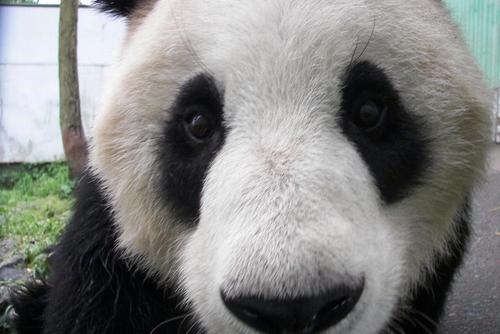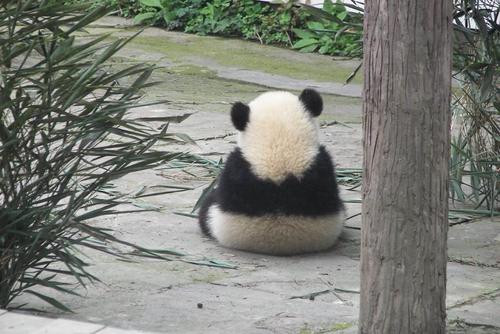China is a land of mesmerising and awe-inspiring contradictions. As the world’s oldest continuous civilisation, travel around China can lead you down a path of rich antiquity. Tempt yourself with out of this world flavours from tender Peking duck, sizzling meats in night markets and slurp down everlasting bowls of Lanzhou noodles. Enliven your senses by experiencing the sights, smells and tastes of this Asian treasure.
Join this programme to be a part of the extraordinary work to help save China’s iconic panda species. Pandas find their home in the geographic and economic heart of China which is also home to millions of people. Habitat destruction, poaching and forest fragmentation have contributed to dramatically isolating panda populations. With less than 1600 pandas left in the wild this project is vital to ensure the species survival for future generations to enjoy. With your contribution to this project, you will be helping to preserve this national treasure of China.
WHAT DOES THE PROJECT DO?
Today, the Giant Panda's future remains uncertain. This peaceful, bamboo-eating member of the bear family faces a number of threats. Its forest habitat, in the mountainous areas of southwest China, is fragmented and Giant Panda populations are small and isolated from each other. Meanwhile, poaching remains an ever-present threat.
Conservation efforts are being made both in the field, in creating national parks and trying to prevent further deforestation, and also by captive breeding programmes which aim to release pandas into the wild to help restore and maintain a healthy population. There are currently over 50 national parks in China that are home to wild pandas, but there are still pandas living outside these areas that are unprotected and vulnerable to further deforestation and the spread of humanity.
The China Panda Conservation Project carries out research into all aspects of panda behaviour and aims to breed pandas and successfully release them into the wild when possible.
WHAT WILL I BE DOING?
You will be provided with introductory talks by the sanctuary staff to familiarise yourself with your surroundings and brief you on the work you will be doing. Work will include feeding the pandas and helping with general day-to-day maintenance work - cleaning the pandas' enclosures and taking care of any cubs. Giant Pandas are very strong and can be fierce, so you will not be able to handle them. It is sometimes possible to hold baby pandas, but the sanctuary usually charges an extra fee for this privilege.
You will learn about all aspects of panda life and assist the centre staff with the feeding and everyday running of the park. As well as helping prepare the pandas' food you may also help the sanctuary scientists to collect valuable data about the behaviour of the pandas, which could ultimately benefit the wild populations in China.In addition to this you may be able to assist with medical examinations and breeding efforts. The average work day involves a 3-hour morning and a 2.5-hour afternoon shift. Entrance fees to the park are included in your contribution.
The success of the breeding programme is crucial to the conservation of pandas in China. Founded in 1980, the staff are experienced and professional and will ensure that your experience is rewarding and unforgettable.





